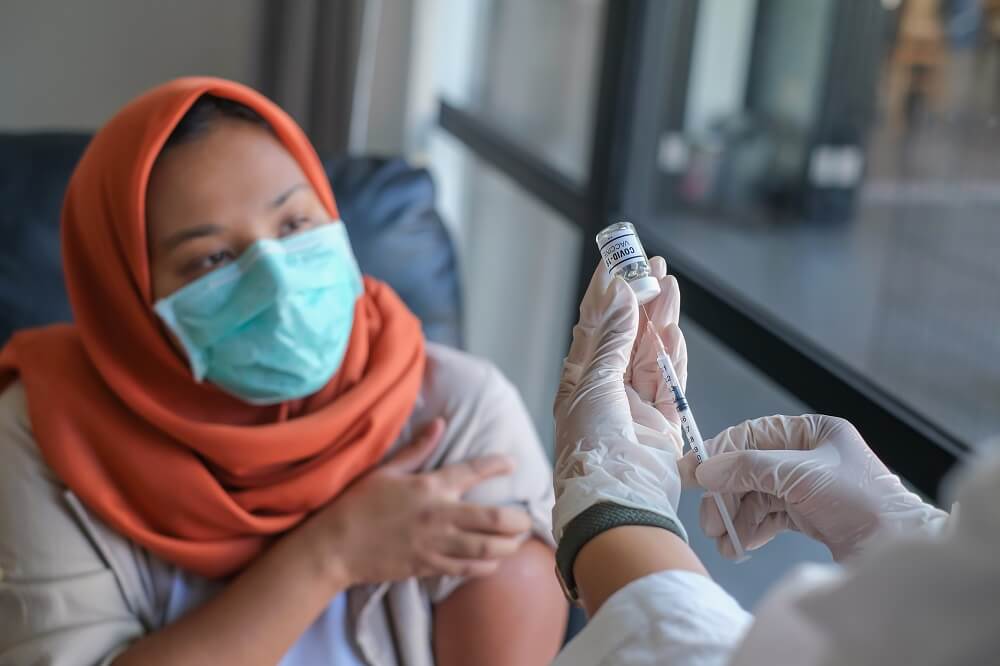Prosociality and willingness to undergo COVID-19 vaccination are associated, researchers in Poland observed in a random-intercept cross-lagged panel model (RI-CLPM). Their research was published in Personality and Individual Differences.
The investigators analyzed 4 measurement points of the pandemic in 2020: May 4 to 7 (T1 n=1130), June 4 to 17 (T2 n=971), July 7 to 17 (T3 n=818), and December 3 to 22 (T4 n = 688). Participants in the Polish online research panel Ariadna completed surveys anonymously.
Participants responded on a 5-point Likert scale of “definitely not” to “definitely yes” to the question “If there was a possibility to get vaccinated against the coronavirus now, would you do it?” to self-report willingness to undergo vaccination (WTV).
Continue Reading
Prosociality was measured on a 5-point Likert scale, from “definitely not” to “definitely yes,” based on types of social support displayed through past-week: “I have shown heartiness to the people I am in contact with,” “I have encouraged my family and friends to take actions that may slow down the spread of the pandemic,” “I have helped those around me to deal with the difficulties and obstacles associated with the pandemic.”
Reliability was at least α=.86 at all-time points. Right-wing authoritarianism (RWA) was measured on the Funke scale. Scale reliability was at least α=.74 at all-time points. Conspiracy mentality was measured with the 2013 5-point scale by Bruder, et al.
In univariate latent growth curve modeling (LGCM), slope factors improved model fit; WTV linearly decreased over time, from T1 mean slightly above midpoint to T4 mean slightly below midpoint.
In an RI-CLPM, researchers observed a bidirectional positive relationship between prosociality and willingness to undergo vaccination. Between the third and fourth waves, RWA and conspiracy mentality predicted WTV.
Health officials should focus on information campaigns to challenge belief in conspiracy theories regarding COVID-19, the investigators said.
“False claims, among conspiracy theories, about COVID-19 vaccines made by politicians, health professionals, scientists, and academics should not be tolerated,” they said.
The investigators said appealing to prosocial motives could also be effective, especially if vaccination is unlikely.
Limitations of the study included generalization outside Poland and attrition bias. Representation of education level may have also been limited, the researchers reported.
“Appealing to prosocial motivations can also more efficiently combat vaccine hesitancy than appealing to social norms or authorities as, contrary to our hypothesis, there was no evidence of a direct relationship between RWA and vaccination intentions during the first 3 waves,” the researchers said.
Reference
Oleksy T, Wnuk A, Gambin M, Łyś A, Bargiel-Matusiewicz, Pisula E. Barriers and facilitators of willingness to vaccinate against COVID-19: role of prosociality, authoritarianism and conspiracy mentality. A four-wave longitudinal study. J Individ Differ. Published online January 19, 2022. doi:10.1016/j.paid.2022.111524
This article originally appeared on Psychiatry Advisor
this content first appear on medical bag

